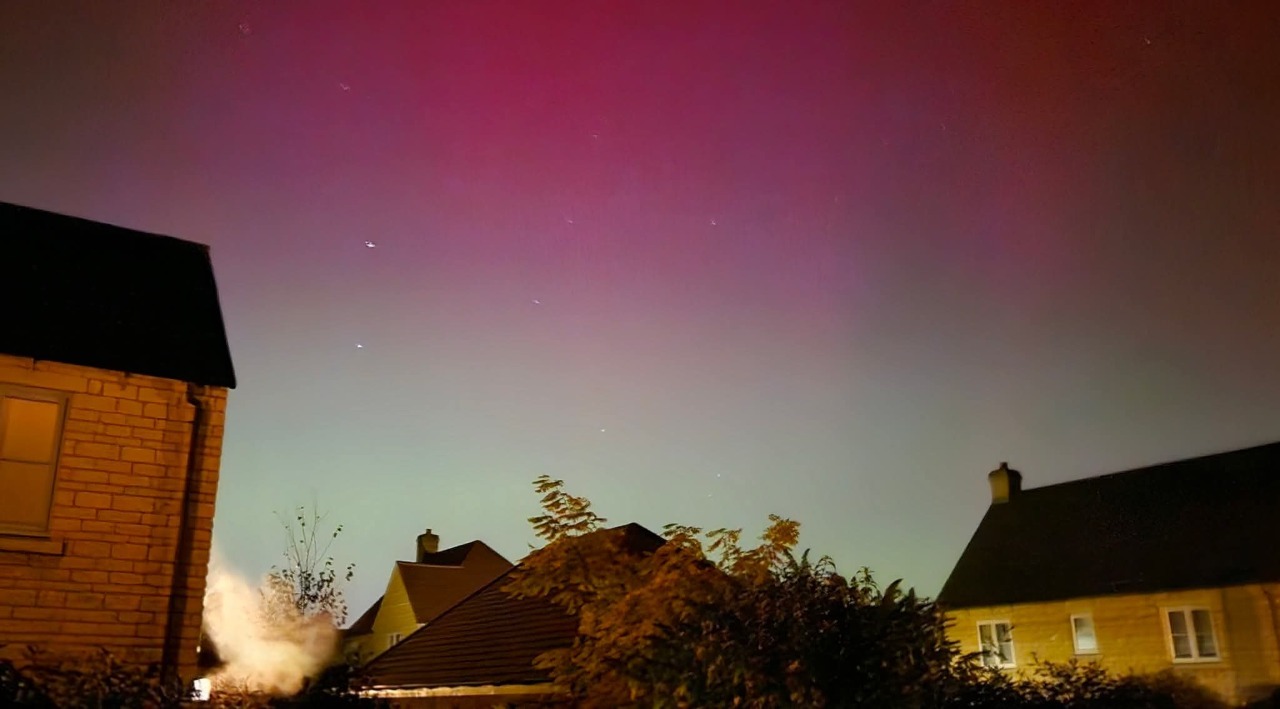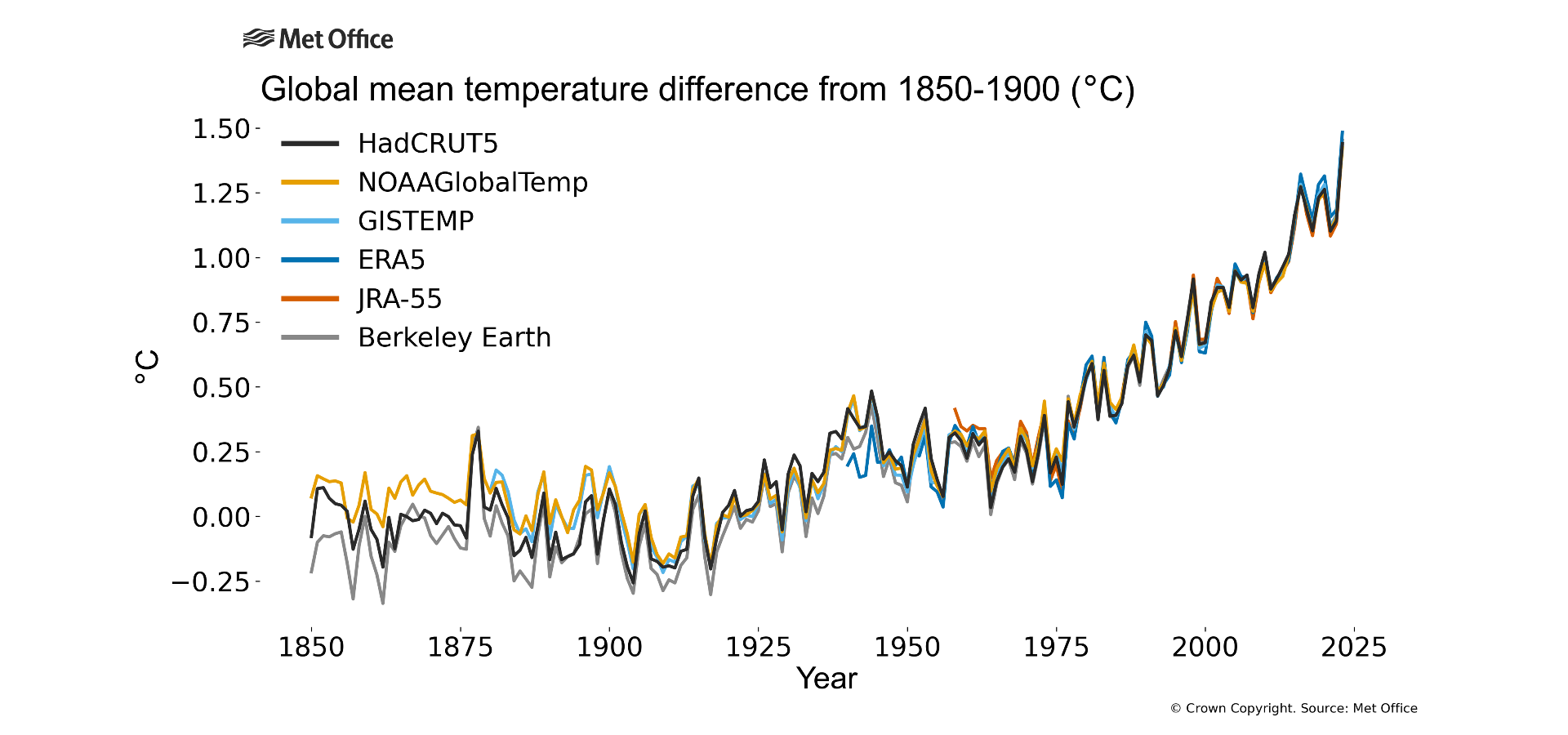The Köppen Climate Classification is the most common way of classifying global climates.
Mickleton and most of the UK's climate falls into the subtype 'Cfb', meaning our climate is temperate with few extremes (C), little seasonal variation in rainfall (f), and summers that are warm but not too hot (b).

In meteorology and climate, seasons are split into 3 monthly periods and are not based on astronomical seasons:
Spring is defined as March, April and May.
Spring in Mickleton tends to be cool but often cloudy; although it is the driest season we experience in terms of total precipitation, there is still well over 120mm of precipitation on average.
Spring 2025 was Mickleton's warmest, driest and sunniest spring on record, whereas Spring 2013 was one of the coldest in decades, with snowfall in places. Mickleton experienced a couple of days of snowfall in March 2023.
Sunshine and (heavy) showers are a typical weather regime in Spring. As the suns strength increases and the land heats up fast while the air above it is still relatively cold, air at the surface rapidly rises and cools, condensing into towering shower clouds.


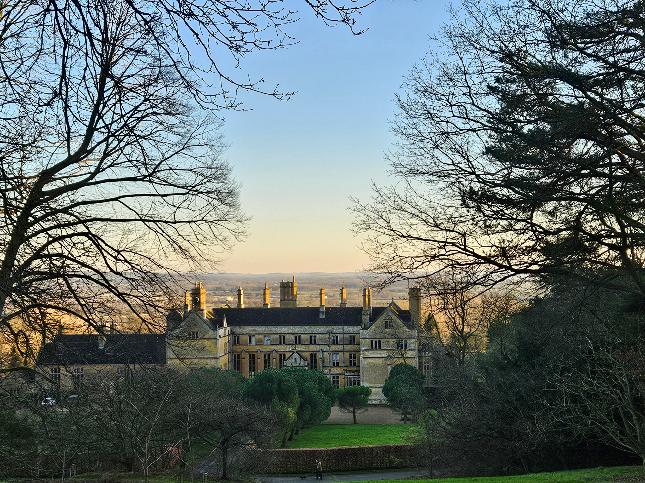
Summer is defined as June, July and August.
Summers in Mickleton are usually mild to lukewarm and often relatively humid with considerable cloudiness and rainfall, although there is significant annual variation.
Some summers, such as those of 1976, 1995, 2006, 2018, 2022 and 2025 were very hot, dry and sunny compared to average, whereas for example 2007 and 2012 were very cool, cloudy and wet with flooding rains in places.
In summer, a lot of our rainfall tends to come from short and intermittent downpours, although in especially wet and cool summers we can still get prolonged spells of steady rain.
On the contrary, some summers and especially recent summers have brought very hot conditions. On the 18th and 19th of July 2022, Mickleton approached 38 degrees celsius (around 100 fahrenheit), which were the hottest days in recorded history in the area.
Summer 2025 was Mickleton's hottest and driest summer on record, with heatwaves being declared on 4 separate occasions. Even when heatwaves were not present, temperatures remained a few degrees above average and did not cool much overnight. Rainfall and significant cloud coverage were sparse and infrequent.
A heatwave is declared by the UK Met Office in Mickleton and the surrounding area when temperatures reach or exceed 27 degrees celsius for 3 or more days in a row.

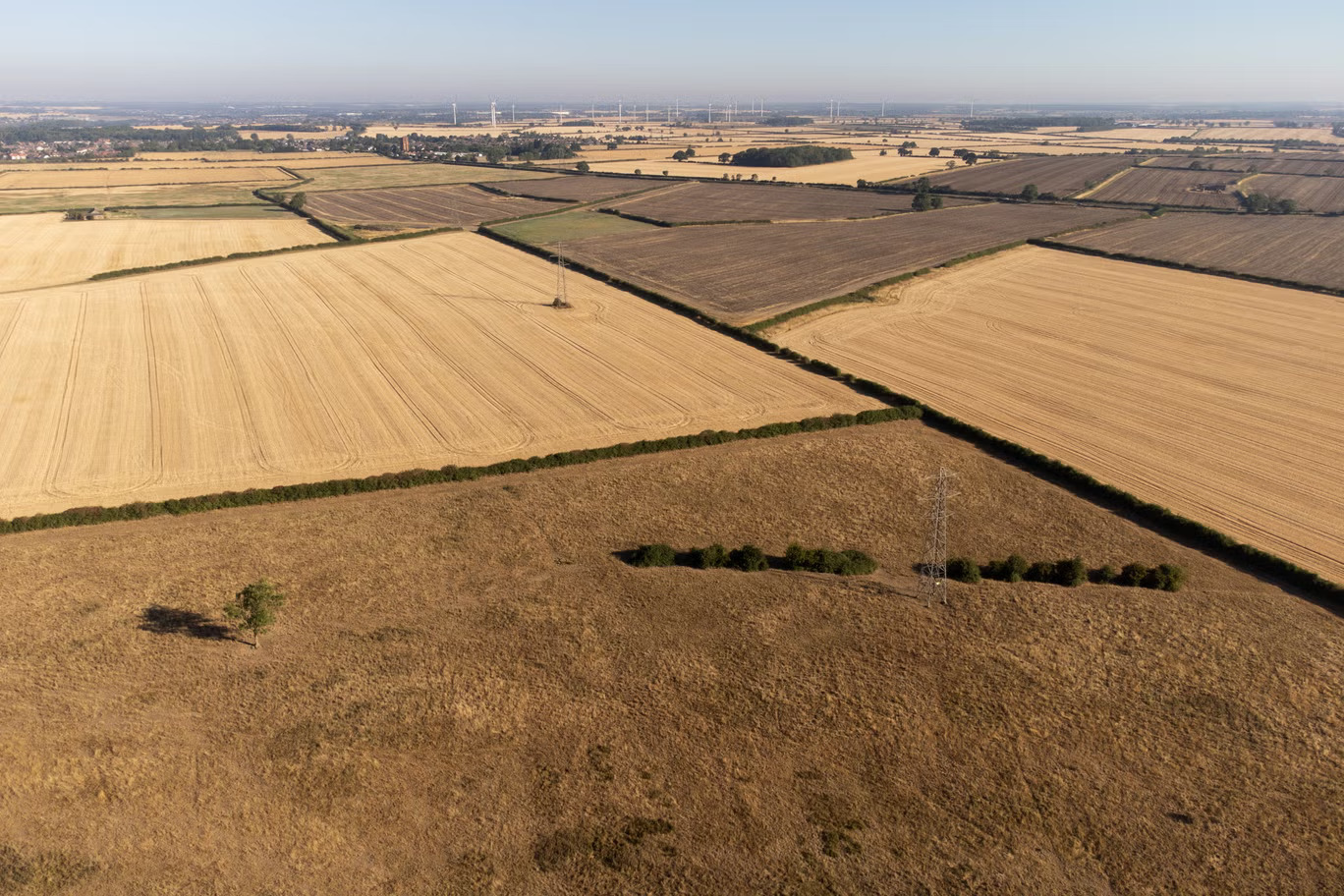
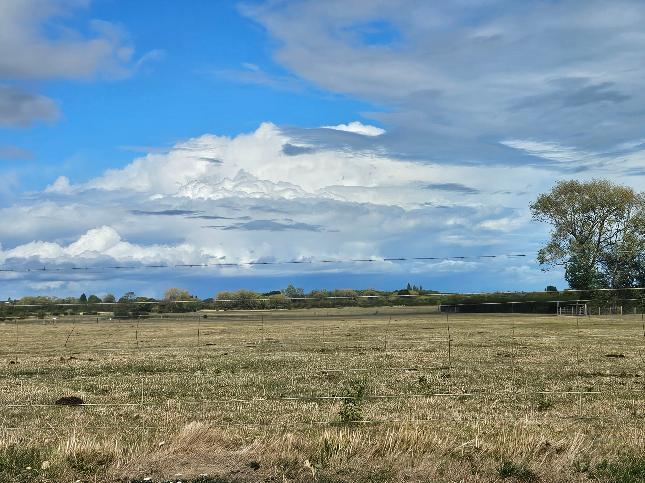
Heatwaves (in Gloucestershire, the UK Met Office defines a heatwave as 3 or more consecutive days of temperatures exceeding 27 degrees celsius) are much more common during summer.
This means that a single day of 50 degrees followed by and preceded by days below 27 degrees would not technically be counted as a heatwave, though it would be exceptionally historic and dangerous.
Likewise, 3 months of temperatures 25 degrees or above but below 27 degrees would not be counted as a heatwave. The definition is technical and not necessarily useful in everyday conversation.
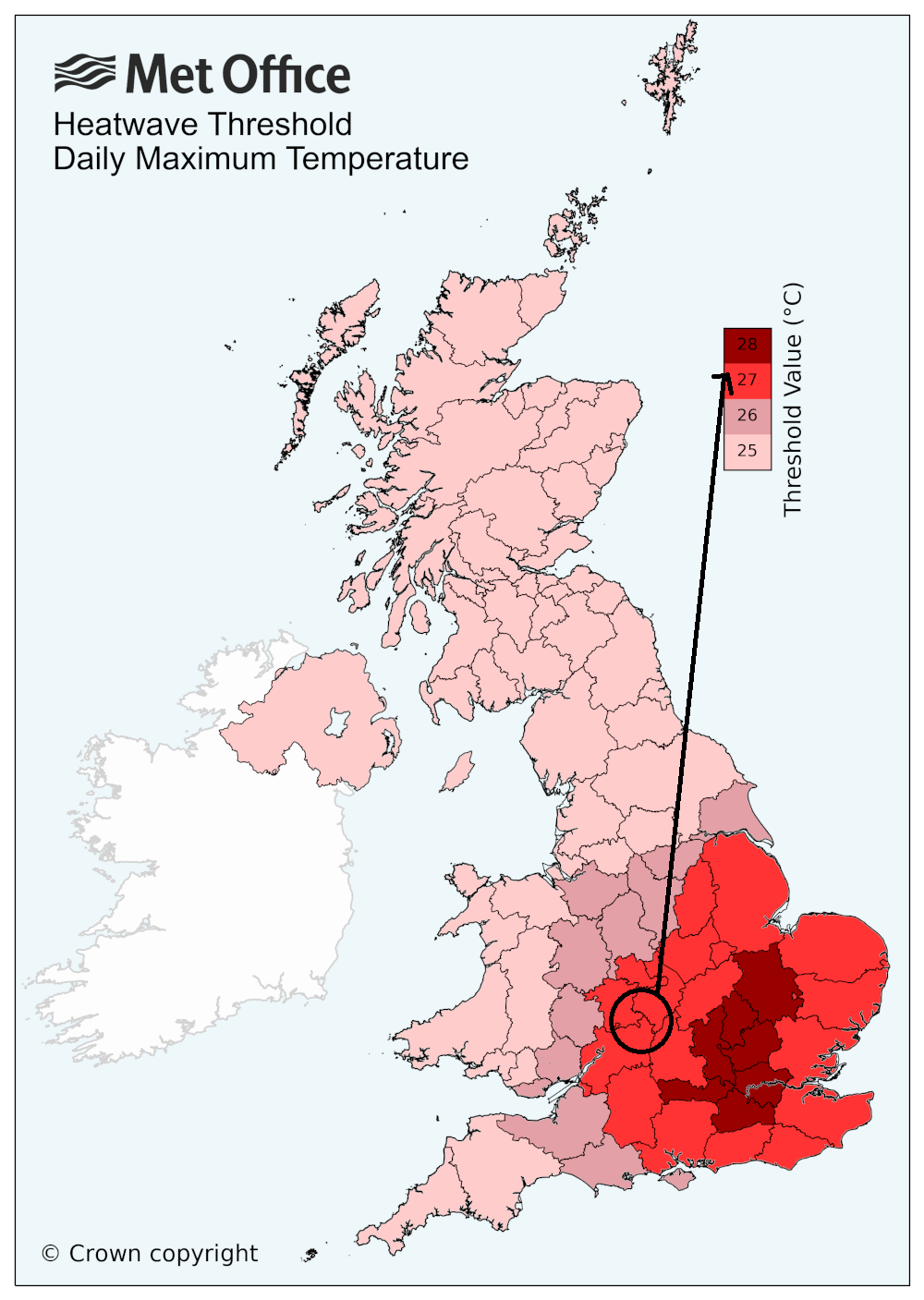
Autumn is defined as September, October and November.
Autumn is the wettest season here, averaging over 180mm of precipitation.
Storms and low pressure systems originating in the Atlantic Ocean tend to bring heavy rain and strong to even gale-force winds.
Futhermore, the late summer and early autumn period is typically the time of year where Mickleton is most likely to experience thunderstorms as the land and sea release the heat and humidity accumulated over the summer.
September, espeically in recent years, has the potential to be quite warm or even hot, but the weather usually cools down quickly into October and November, usually with the first frost of the season happening in late October.
In November 2024, Mickleton experienced a rare early snowfall, with around 5-8cm accumulating in places on the morning of the 19th, with snow cover lasting for a few days and temperatures well below average.

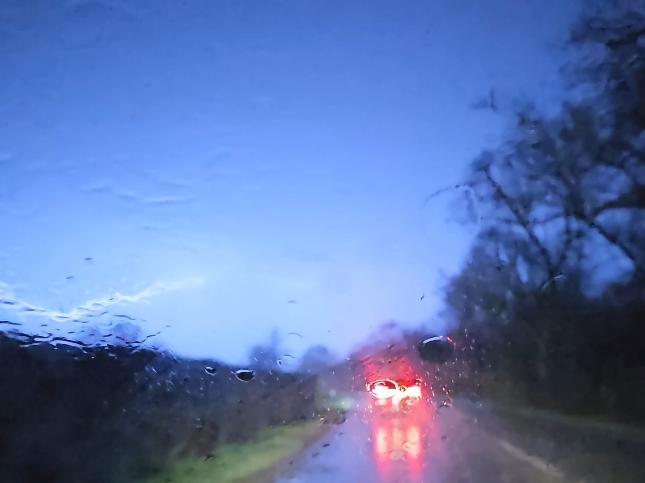
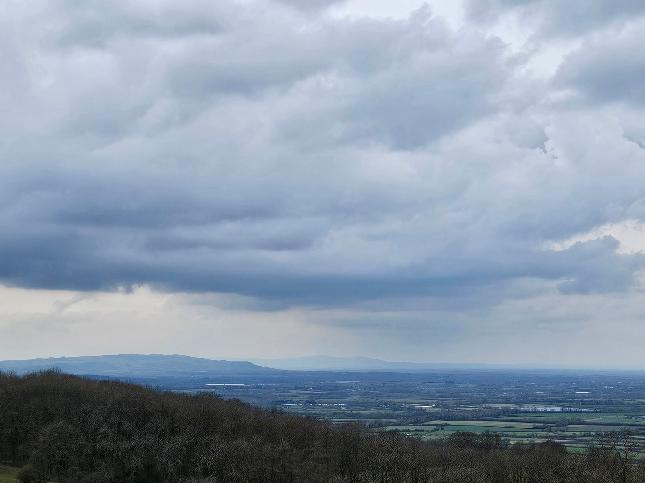
Winter is defined as December, January and February.
Winters in Mickleton, and the UK as a whole, are notoriously variable. On average they tend to be cloudy and somewhat cold and with frequent light to moderate rainfall, although sometimes Atlantic windstorms can affect the area, especially in early winter.
Frosts are also typical overnight, with the average daily minumum temperature hovering around 1 degree celsius.
Snowfall usually occurs at least once per winter when our airmass originates from the Arctic or the Siberian continent, although it is typically light and short lived in most winters.
Examples of more significant snowfall in Mickleton include January 1963, December/January 1981/1982, February 2009, December 2010, February/March 2013 and February/March 2018 (otherwise known as the 'Beast from the East').


